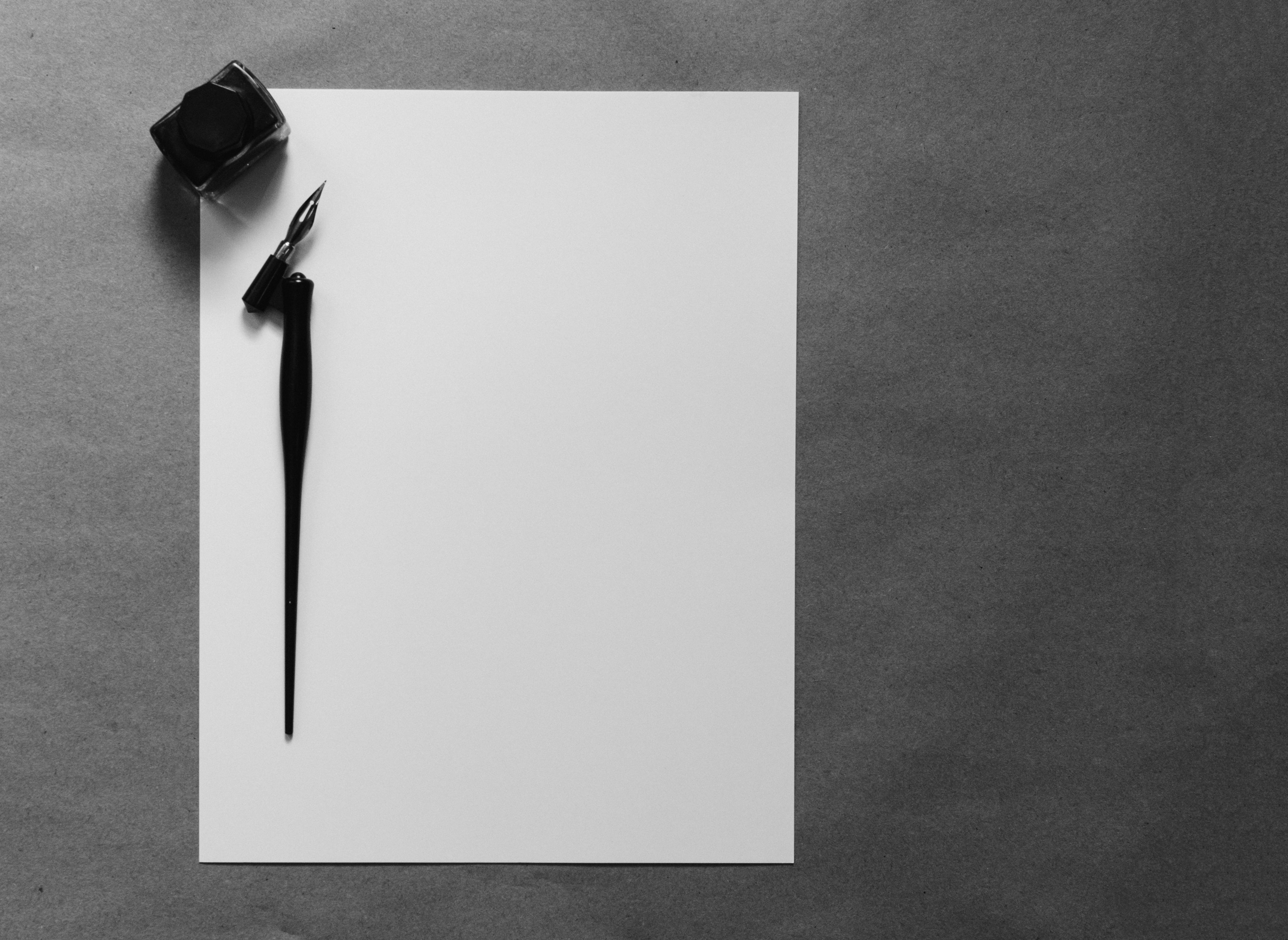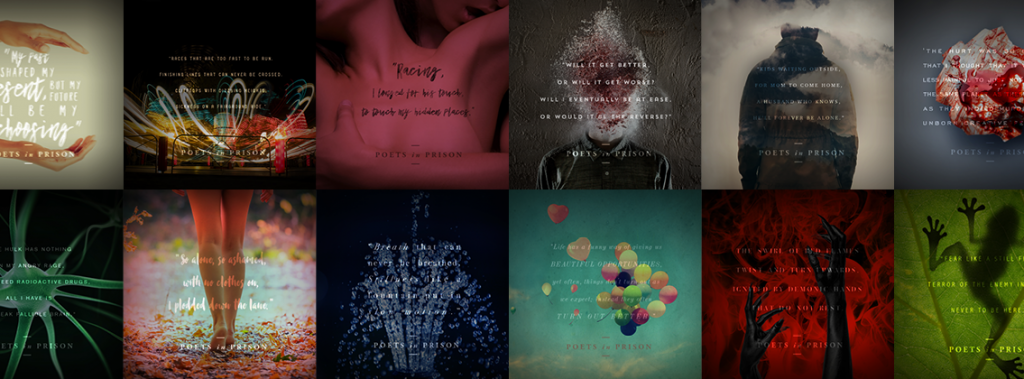
Everyone has a story to tell; each one of us writes poetry – some, without even realising. That stream of consciousness that runs in our veins? It’s poetry waiting to be written. We believe in the power of words, and that power is what urged us set up PoetsIN.
It’s because of those inner streams, that we are bringing you all a regular interview feature, Writer Profiles. An interview with a writer. This week it’s Poet Laureate Clare Currie.
Sit back, grab yourself a cuppa, and feast your eyes on this week’s writer profile.
What is your relationship with words and how has that evolved?
I’ve written as far back as I can remember, although there were big chunks of time where I didn’t do it. I remember writing poetry on car journeys around the age of six. I’m a self-confessed introvert who hates small talk, so poetry ticks all the boxes. I can bypass chat about the weather and get straight to the crux of something. Although I’ve regularly regretted my inability to remember and verbalise something on the spot, I’m equally grateful that I seem to be ok at writing about things I feel strongly about. So, for me, writing has evolved into a way of communicating in a creative and crafted way.
How long have you been writing, what is your favourite style of writing and why?
As I said – I remember writing from around six years old. I often write in a rhythmic – spoken word style that needs to be heard aloud, although there are other times when there can be more focus on the piece on the page. I’m always trying my hardest to dispel clichés and tweeness when I write, and articulate something in a new way, but often feel I could do better. I don’t think poetry needs to rhyme, in fact I prefer a lot of it not to. However, it can be used as a tool to manipulate the rhythm of a piece, whether it’s by using near-rhymes, slant-rhymes, assonance or other techniques.
Many of us within this group have experienced times where writing has helped us overcome times of pain, describe the first time you realised the true of power of words.
I realised that writing was my default mechanism to cope with tough things after a relationship break down. I still look back on the time as being prolific in terms of the amount of poetry I churned out. Another example was when my grandmother passed away. Using words most loaded with meaning was the only way to do those experiences justice. This has helped shape my view of writing as a therapeutic tool that can help deal with trauma on all kinds of levels. It’s the opposite of bottling it all up!
Many writers love to read. What is your favourite book and why?
If I’m going for all-time-favourites, I’ll stick with books that mark a pivotal point for me. I can’t miss ‘Jane Eyre’ off the list. At around 13, my grandmother lent me a little red leather-bound copy of it. I read the story in few sittings and was affected by the dialogue, thoughts and interactions of the small and fiery Jane with Rochester. As a teenager, I remember being confused about the complexity of the thought-lives of others. I often didn’t get clues in everyday life. But Charlotte B. laid it all bare. The story of the Bronte sisters’ itself is a feminist triumph too.
Can I make a second choice – a less classic example? I’d choose ‘The Passion’, Jeanette Winterson as a second novel that marked a coming-of-age moment. It includes a weaving storyline, magical realism, and allegory. But it was her writing style that was a revelation – one of the closest I’ve seen prose to poetry – startling, gripping and touching all at once.
Sum up yourself in a haiku or micropoem.
heart and brain voyeur,
lover of people not crowds,
squeezed into a pen
We all have moments where we truly connect with words we read. What quote inspires you the most. Why?
I have to choose an Oscar Wilde quote:
‘To live is the rarest thing in the world. Most people exist, that is all.’
It’s intrinsically linked with my view of the arts. The powers that be are happy for us to believe academic pursuit, motivated by economic security, is all that matters. It’s a lie – the definition of simply surviving. The arts lift us out of our daily momentum. We are all innately creative; artistic engagement inspires, makes sense of our experiences and increases overall well-being. More time for the arts and more money for the arts in schools and everywhere needed!
Describe your writing process.
I often get the urge to write – usually when I get stirred up or preoccupied by a thought or idea. It’s normal for me to tiptoe out of bed and speak it into my phone in the bathroom when the rest of the house is asleep. Sometimes the original idea or phrase comes to me with rhythm and intonations. The rhythm can be as important as the words, or even come before the text. For example, with a short play I wrote, the structure for much of it came to me first and I worked on the text within the constraints of that structure secondly. I don’t know why – it just happened, but it worked and I wouldn’t have stuck with the format if it didn’t.
Writer’s block, real or a myth?
I’ve had many occasions when I don’t feel particularly inspired to write. It’s mainly when I don’t have a preoccupation about an idea, or I’m trying to get a handle on or way in to a task I’ve been set. Unless I’m feeling ill or overtired, as long as I have a way in I’m ok. So I think writer’s block probably does exist if you do a lot of writing for others and are restricted by set parameters. It’s easy to see how inspiration might not come easily if someone isn’t stirred up about what they’re writing.
What is your favourite word?
My favourite word at the moment: kimchee. I hope to get it into a poem soon.
Finish this sentence… Words are the epitome of…
…tongue-grenades


Loved this particularly liked Words are the epitome of… tongue grenades